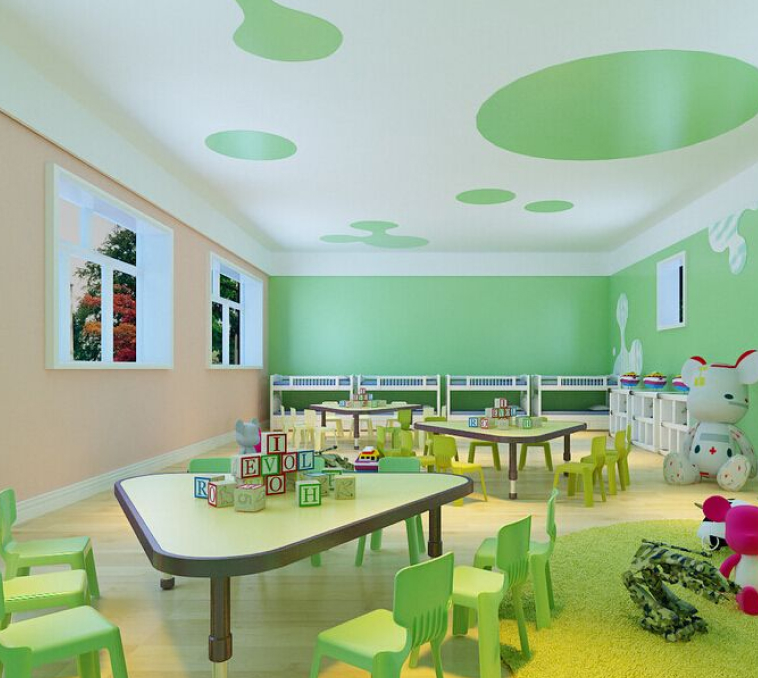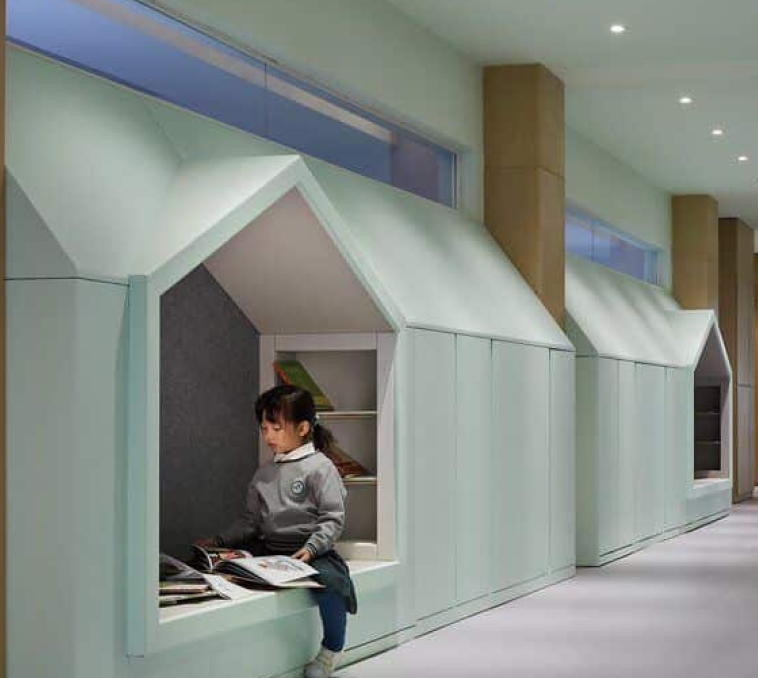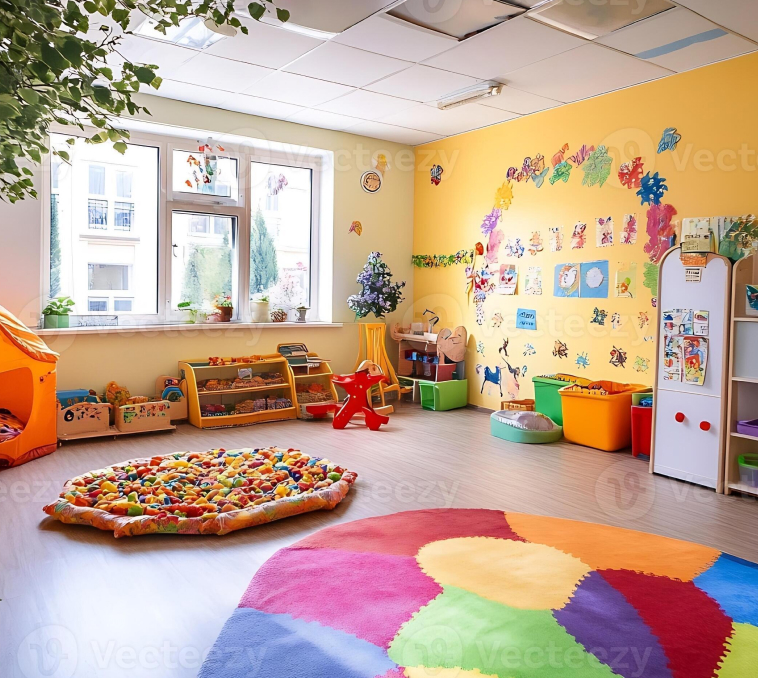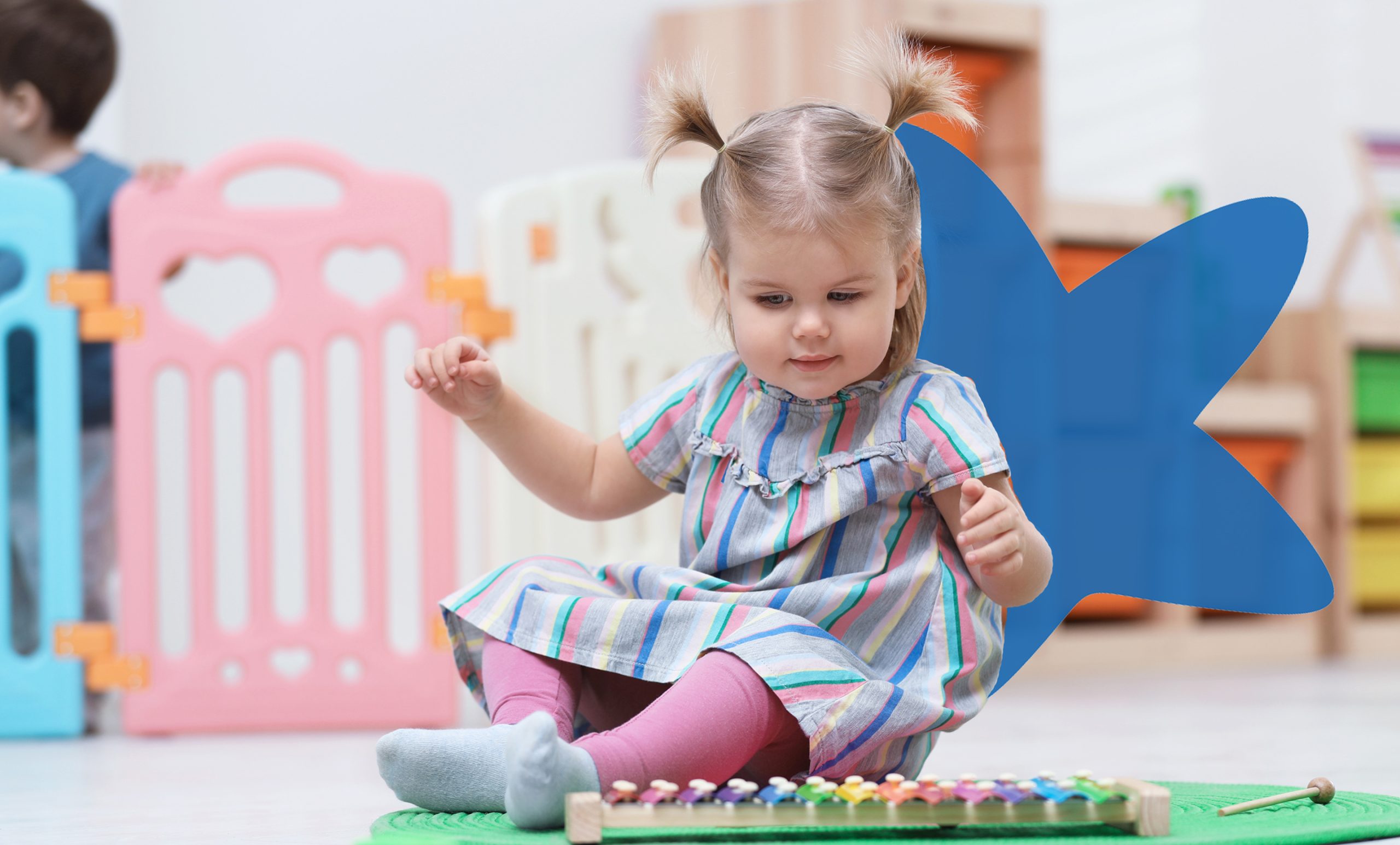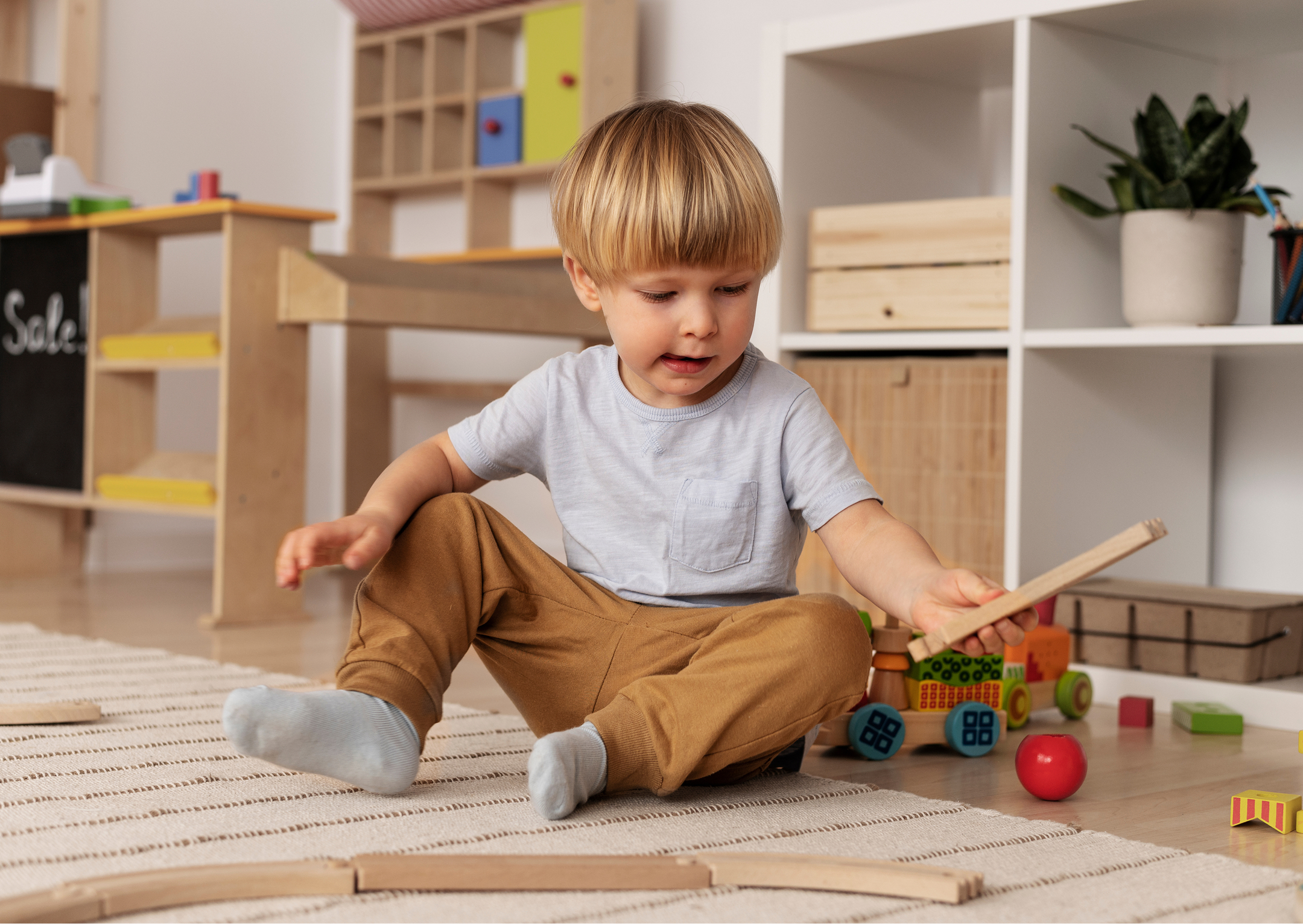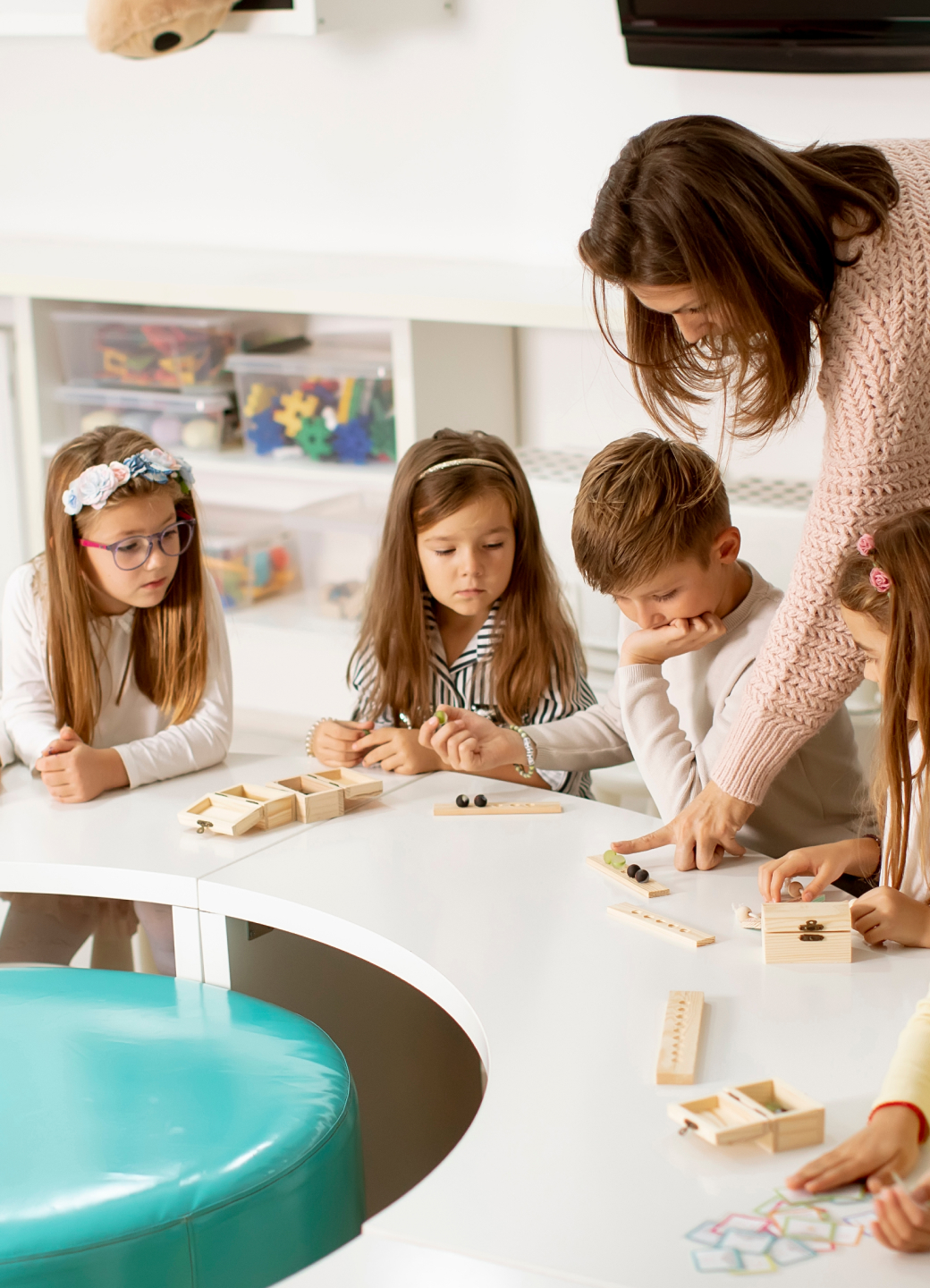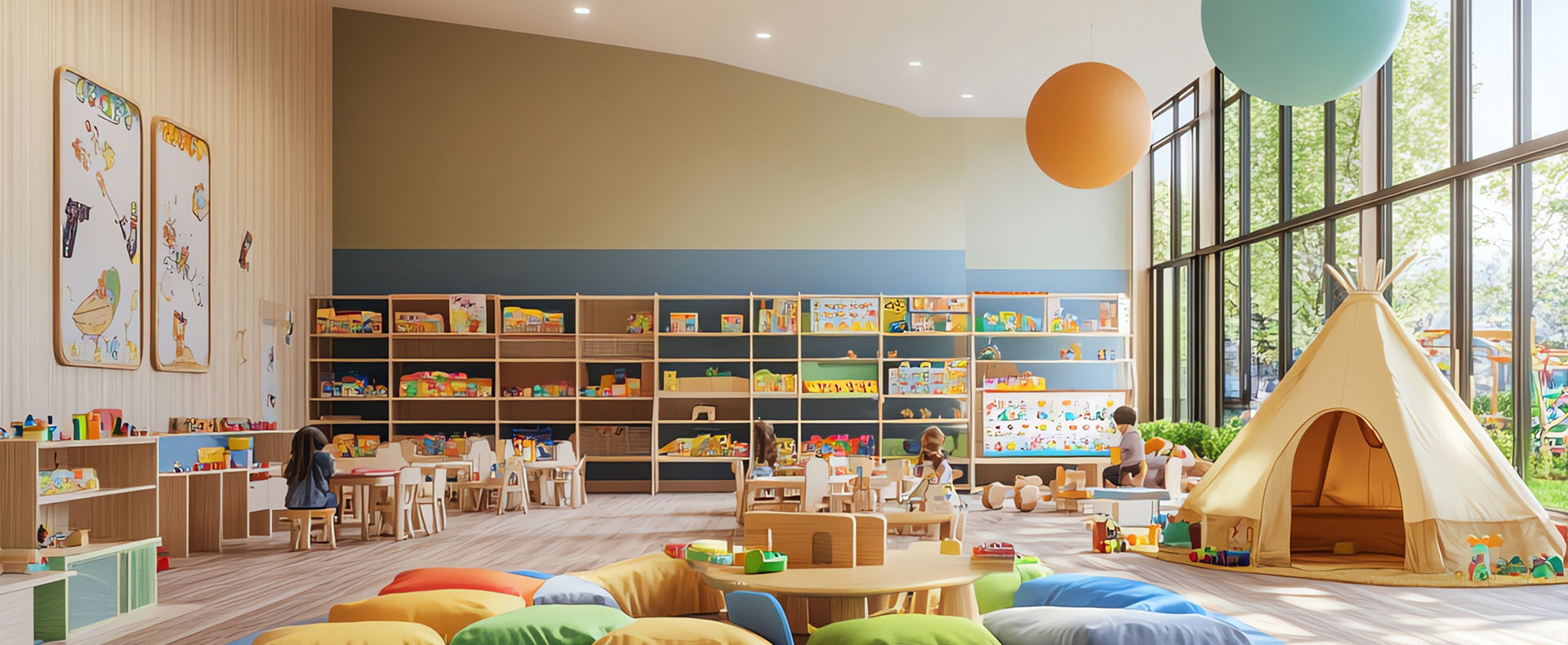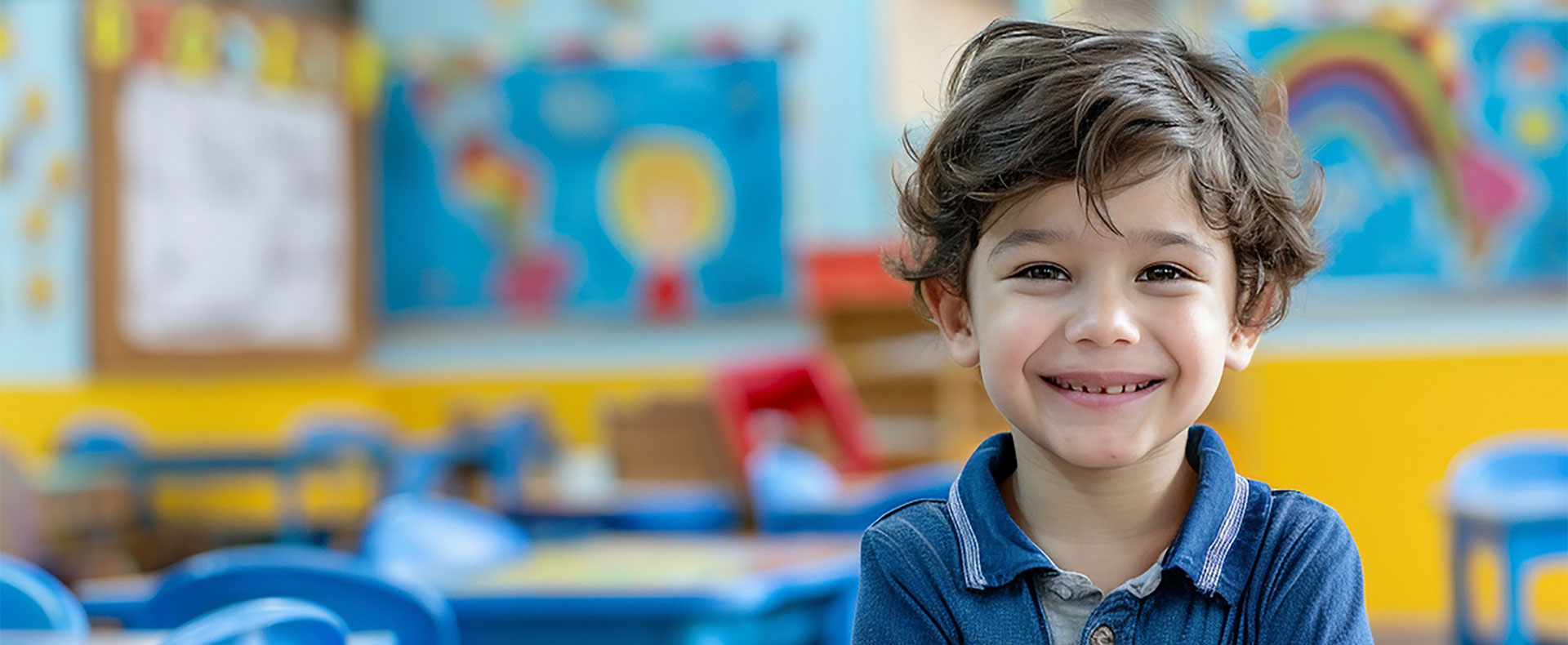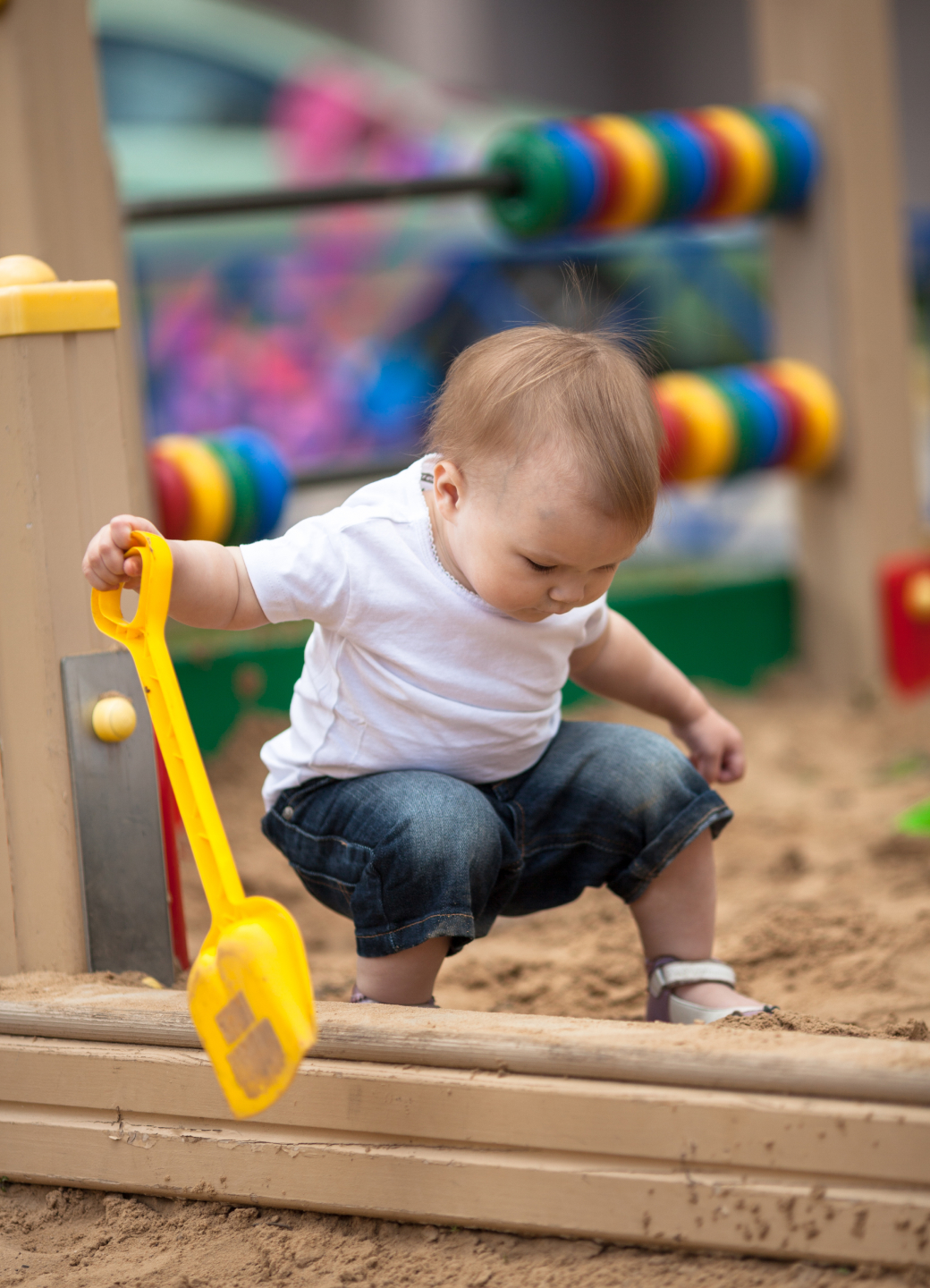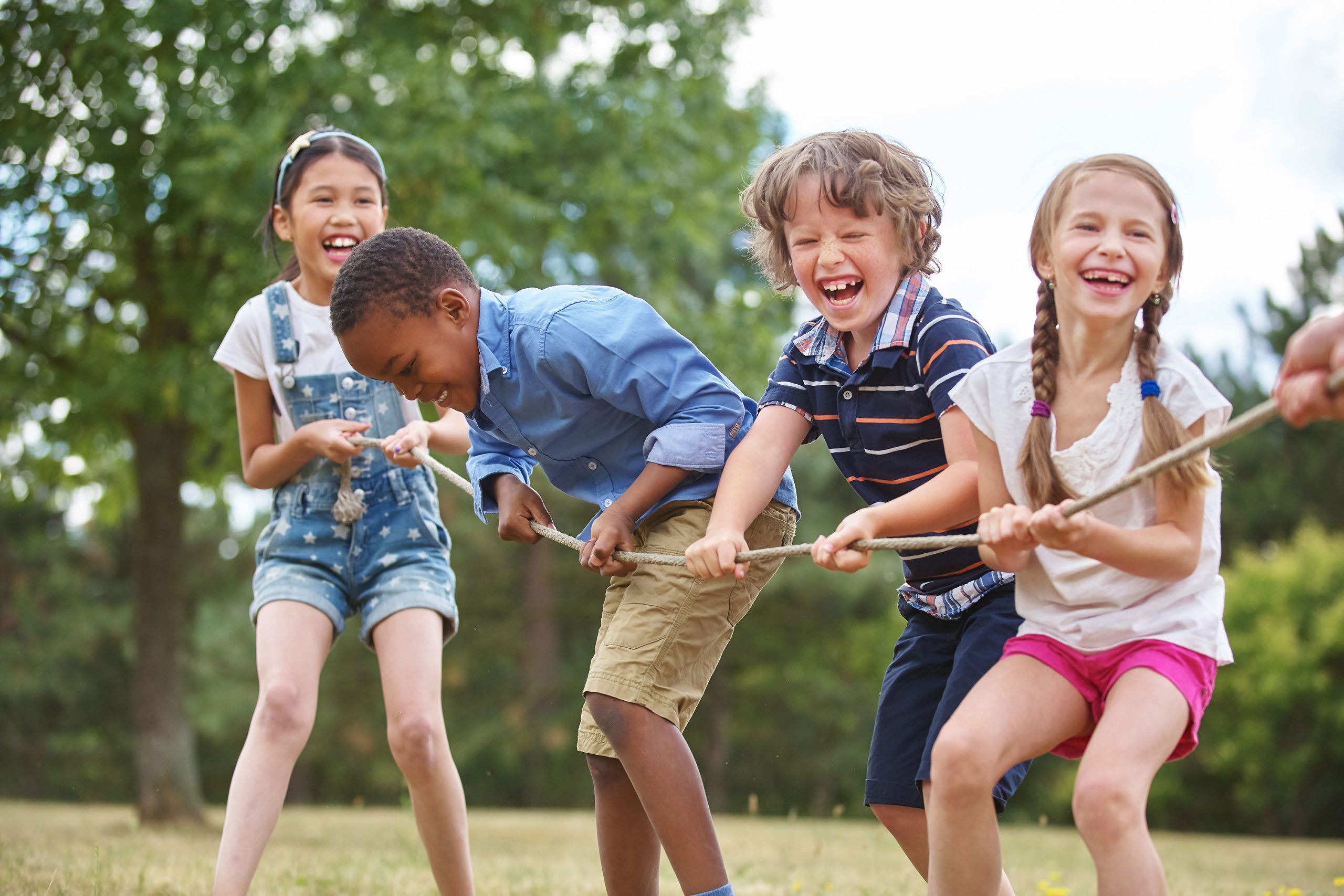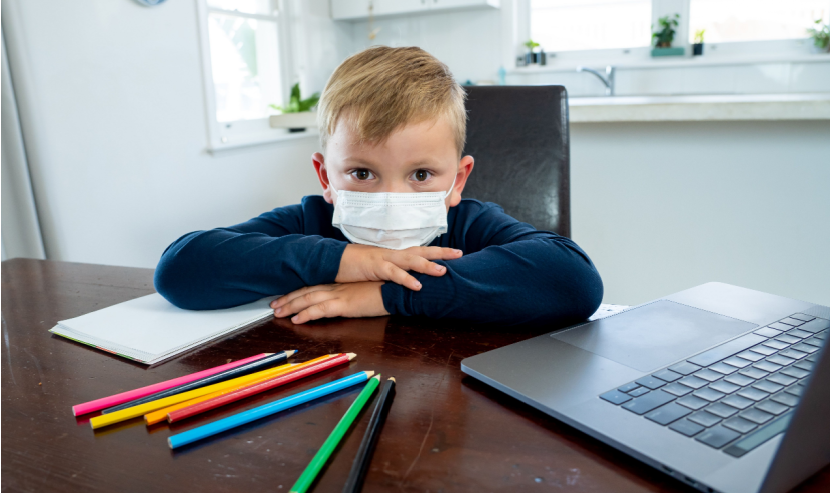
It seems boredom is the enemy. After all, we see it as downtime. If we and our children do nothing, we’re wasting our time instead of spending it on something productive or entertaining. As a result, we always fill our children’s schedules and we do the same to ours.
Why boredom is still good
However, a fully packed schedule can do more harm than good. Because we’re always doing and moving, it leaves us no time to think, reflect and become creative. This also happens to our children who are always busy learning and playing. Because of their busy schedules (despite being young and new to this world), they also have no time and freedom to practice their creativity.
In other words, some downtime is still important. This way, our children’s brains will have adequate time and space to think and reflect. They also need this to come up with creative solutions during their learning and playtime. This also gives them time to “daydream” and imagine things beyond what they see and experience. This is important in helping them better understand cause-effect relationships as well as anticipate the consequences of their actions because they can better imagine the scenarios.
Being present and the joy of discovery
Aside from downtime giving enough space and freedom to think and become creative, that downtime also helps children become more present and mindful of their surroundings. They can better focus on the moment and notice the things around them. For example, during downtime they can better notice the colours and anatomy of insects and small animals. They can also better feel the heat from sunlight and the texture of the floor they’re walking on.
This downtime and boredom can also help children practice their initiative and pursue their own interests. For example, during unstructured playtime, children have the time and freedom to focus on what interests them most. Aside from helping and encouraging them to discover their interests and passions, it’s also a great opportunity for us parents and educators to discover our children’s natural talents and passions. This way, we can act promptly and better support our children in their endeavours.
Boredom can benefit children in several ways. Downtime can give children time and space to think, which is vital for their cognitive and creative development. Structured activities are still important, but there should still be some downtime and unstructured playtime so that our children can pursue discovery and exploration on their own.

